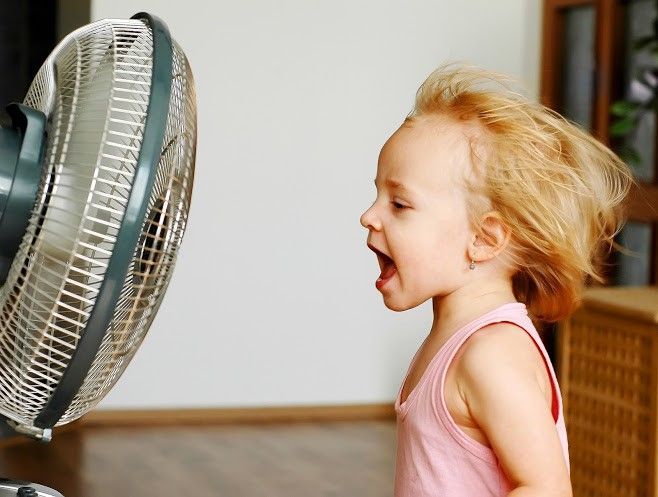3 Throat Disorders That Commonly Affect Children

A problem with the throat can make it painful to eat, drink, and swallow. If your child is complaining of pain in the throat, you should take them to the doctor, but you may also want to do your own research first.
If your child has pain in their throat, many things could be the cause, but it's likely to be one of these three very common issues. Keep reading to learn what to expect at the doctor.
1. Sore Throat
A sore throat can be accompanied by other symptoms including swollen glands in the neck and a hoarse voice. If your child has a sore throat, it might be caused by a viral infection, such as a cold, croup, or the flu.
Other causes of a sore throat include:
- Allergies
- Dry indoor air
- Irritants in the air
- Muscle strain
- Gastroesophageal reflux disease (GERD)
Once a pediatrician has determined the exact cause of your child's sore throat, they can treat your child accordingly. In most cases, a sore throat will go away on its own. If, however, your child complains of a sore throat and has trouble breathing or swallowing, your child should get immediate medical care.
2. Tonsillitis
The lymph nodes on the side and back of the throat are called tonsils. Tonsillitis occurs when the tonsils become infected. Besides a very sore throat, other symptoms of tonsillitis include:
- Bad breath
- Fever
- Chills
- Earaches
- Headaches
- Stiff neck
- Neck and jaw tenderness
The tonsils may also appear red and swollen or they might have white or yellow spots. In young children, tonsillitis can cause a decrease in appetite and excessive drooling. The three types of tonsillitis include acute, chronic, and recurrent.
Acute tonsillitis can either be viral or bacterial. If the acute tonsillitis is bacterial, a pediatrician can prescribe antibiotics. If your child has chronic or recurrent tonsillitis, a pediatrician might recommend a tonsillectomy, which involves having their tonsils removed.
3. Strep Throat
Strep throat is a bacterial infection. Strep bacteria causes nearly one-third of all sore throats. The first symptoms for children with strep throat include a sore throat, fever, painful neck glands, and swollen tonsils. Because the symptoms are similar, you may think your child has tonsillitis. However, after three days, your child might also get the following symptoms:
- Red and white patches in the throat
- Headache
- Loss of appetite
- Nausea
- Rash
- Trouble swallowing
Your child will also feel ill in general. Strep throat is very contagious. To minimize the risk of infecting others, you should take your child to the pediatrician right away.
The pediatrician will do a rapid strep test and will know the test results within about 5 minutes. If the strep test is positive, the pediatrician will prescribe antibiotics for your child. Left untreated, strep throat could cause complications, such as rheumatic fever, scarlet fever, and kidney problems.
If the strep test is negative, the pediatrician will send the sample of fluids from the back of the throat to a lab for a throat culture. A throat culture will help determine the cause of your child's sore throat.
No matter what the reason for your child's sore throat, you should ensure they drink plenty of liquids. This will help prevent dehydration. You can also give your child hot tea and warm soups, which will help soothe throat pain. Your child should avoid acidic liquids, such as orange juice and lemonade, which can irritate a sore throat.
If your child complains of a sore throat, schedule an appointment with a pediatrician at Advocare Lerch & Amato Pediatrics. For your convenience, we offer after hours appointments in the evenings and on Saturdays.

